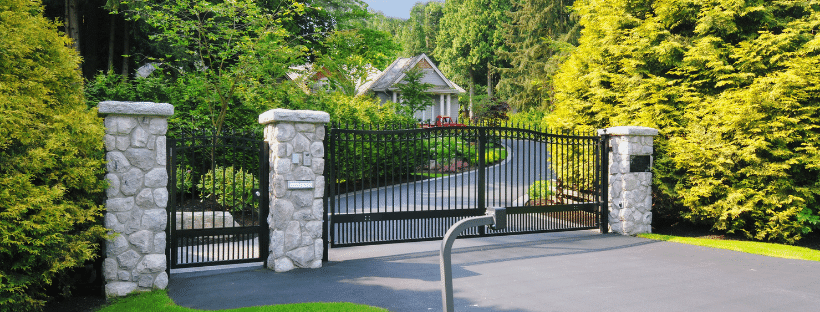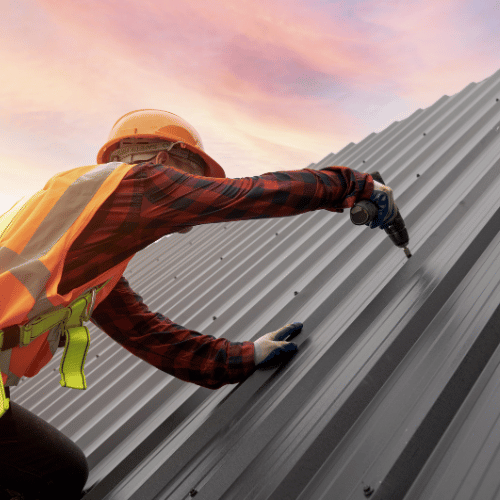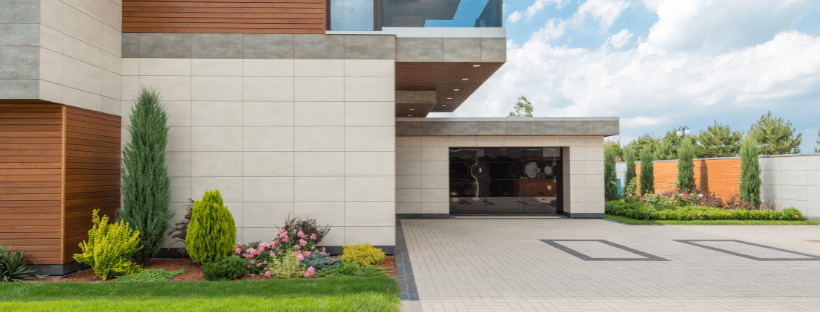How to Clean Solar Panels
How To Clean Solar Panels
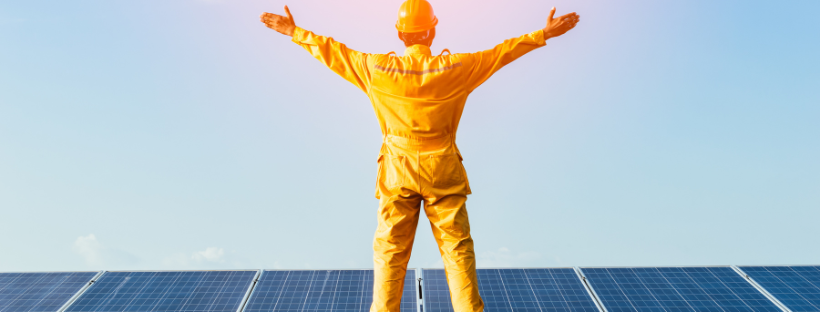
Firstly, You Need To Ask, Why Do I Need To Clean My Solar Panels?
Solar panels should be cleaned when they are dirty or when the amount of dust, dirt, or other contaminants on the panels is reducing their ability to generate electricity. This can happen more frequently in dry, dusty areas or areas with a lot of pollution in the air.
In general, it is a good idea to visually inspect your solar panels every few months to see if they need to be cleaned. If you live in an area with a lot of rain, your panels may not need to be cleaned as often because the rain will help to keep them clean.
However, if you live in a dry area, you may need to clean your panels more frequently to ensure that they are generating electricity at their maximum capacity.
Will cleaning my solar panels increase their efficiency?
Cleaning your solar panels can help to increase their efficiency by removing dirt, dust, and other debris that can accumulate on the surface of the panels. When solar panels are dirty, they can be less effective at converting sunlight into electricity, because the dirt and debris can block some of the sunlight from reaching the photovoltaic cells.
By keeping your solar panels clean, you can help to ensure that they are able to generate as much electricity as possible.
In general, it is a good idea to clean your solar panels at least twice a year, although you may need to clean them more often if you live in an area with a lot of dust or pollution.
How to clean Solar Panels
- Shut down your system completely.
- Your system should be entirely shut down before cleaning. It's important to check the shutdown procedure listed in your user manual or your inverter manufacturer’s operating manual.
- DC Systems will need to be completely shut down.
- AC Systems should be shut down via the Solar Supply Main Switch.
- Disconnect or block any rainwater collections or gutters.
- Temporarily disconnect any rainwater tanks installed or connected to your guttering system. Ensure you have them temporarily disconnected or shut off from the gutters to ensure no run-off of dirty water goes into your tank.
- Choose a cool, mild time of day.
- The combination of hot glass on your panels and cool water can increase the chance of cracks from a sudden change in temperature. If you clean your panels while the hot sun is shining on the panels, any water you’ve used could quickly evaporate and leave dirty marks – undoing all of your hard work! A cool, early morning is the best time for cleaning. Dew that has settled on the panels overnight could have softened the dirt and grime, meaning you’ll need to use less water and less energy to clean your solar panels. If you can’t manage an early morning, an overcast day or a mild, cool evening are also good times to clean your solar panels.
- Climbing onto the roof is dangerous
- clean your panels from the ground if possible.
- For safety reasons, it’s wise to clean your panels from the ground if possible. Use a hose to direct water onto your panels. Use a hose with a suitable nozzle to allow the stream of water to reach the panels.
- Make sure that you only direct water onto the top of your solar panels.
- Whilst it is ok for some water to touch the back of your panels, you should not intentionally direct water onto the back of your panels or into the gap between your panels and your roof.
- For stubborn dirt and grime, use a soft cloth and mild soap.
- It's not necessary to use fancy cleaning solutions, water and a mild soap will do the job. A good quality soft brush and squeegee with a plastic blade on one side and a cloth-covered sponge on the other, coupled with a long extension, is all you need – and will keep you safely on the ground.
- Don’t attempt to climb on your roof without appropriate safety equipment.
- The risk of working on your roof is increased by using water. A roof can become quite slippery when water is used for cleaning. If cleaning your panels from the ground is not possible, do not attempt to access your rooftop unless you have the appropriate safety equipment and training.
- For your safety, it’s best to hire a suitably qualified professional cleaner instead.
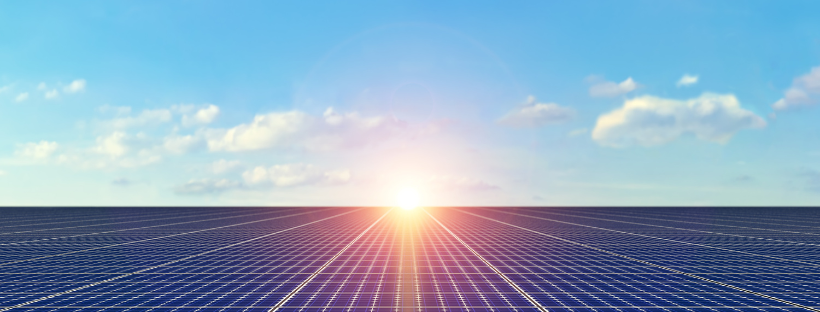
What Are The Dangers Of Cleaning My Solar Panels Myself?
Cleaning solar panels yourself can be dangerous because of the following reasons:
- Risk of Injury: Climbing up on a roof or a ladder to access solar panels can be dangerous, particularly if you're not experienced in working at heights. You could slip or fall, leading to serious injury or even death.
- Electrical Hazard: Solar panels generate electricity when exposed to sunlight. If you accidentally touch a live wire or an exposed terminal while cleaning the panels, you could receive an electric shock, which could be fatal.
- Panel Damage: If you use harsh chemicals or abrasive cleaning tools, you may scratch or damage the solar panel's surface. This could reduce its efficiency and lifespan, and also potentially void the manufacturer's warranty.
- Water Damage: If you use too much water or high-pressure sprays while cleaning your solar panels, water could seep into the electrical connections and damage the system.
- Personal Protective Equipment (PPE): You may not have the necessary personal protective equipment, such as safety harnesses, gloves, and safety glasses, to protect yourself while cleaning the panels.
For these reasons, it's generally recommended that you hire a professional to clean your solar panels.
They have the experience, training, and equipment to do the job safely and effectively.
You might also like
